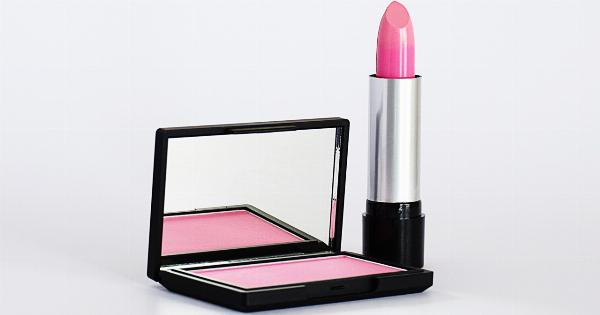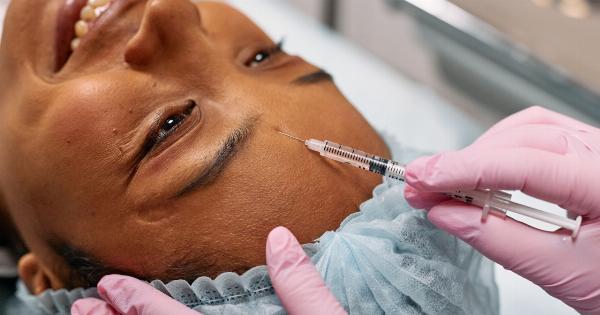Have you ever stopped to think about the ingredients in your cosmetics? You’re probably more concerned with the shade of lipstick or how your foundation matches your skin tone.
However, hidden toxins may be lurking in these products, posing a potential risk to your health. Let’s explore some of the most common hidden toxins found in cosmetics and how to protect yourself.
Parabens
Parabens are preservatives commonly found in cosmetics, especially products containing water. They work by preventing the growth of bacteria and fungi, extending the shelf life of products.
Unfortunately, parabens have been linked to hormone disruption, highlighting the downside of using them in cosmetics.
One of the biggest concerns about parabens is their ability to mimic estrogen in the body. Exposure to excessive estrogen, even from everyday products, has been linked to an increased risk of breast cancer and reproductive problems.
Additionally, studies show that parabens can penetrate the skin and enter the bloodstream with ease, making it all the more important to understand what’s in your cosmetics.
Phthalates
Phthalates are often added to cosmetics to enhance fragrance and texture. They’re also used in plastics to increase flexibility, but have been banned from children’s toys due to their potential toxicity.
In cosmetics, phthalates have been linked to hormone disruption, reproductive problems, and birth defects, leading to growing concern among health professionals and consumers alike.
Like parabens, phthalates have also been found in blood and urine samples, suggesting that they can enter the body through the skin.
Research shows that male infants who were exposed to high levels of phthalates in the womb were born with abnormalities in the reproductive system, highlighting the potential dangers associated with these hidden toxins in cosmetics.
Lead
Lead is a toxic heavy metal that has been used for centuries in cosmetics for its ability to enhance color and texture. Unfortunately, lead is also a potent neurotoxin that can accumulate in the body over time, leading to serious health problems.
One of the biggest concerns with lead in cosmetics is the risk of lead poisoning, which can cause neurological damage in children and adults alike.
Additionally, studies show that lead can also disrupt hormone function, leading to reproductive problems, developmental delays, and behavioral issues.
Fragrance
Fragrance is a catch-all term that can encompass a variety of synthetic and natural chemicals. While some fragrances are harmless, others have been linked to allergies, headaches, and even cancer.
The problem with fragrance is that companies are not required to disclose the ingredients used to create it, leading to mysteries about what’s being added to your favorite perfume or lotion.
Some of the chemicals commonly found in fragrance include phthalates, as previously mentioned, as well as synthetic musks, which have been linked to hormone disruption.
Additionally, many fragrances contain a chemical compound called benzene, which is a known carcinogen.
Natural Ingredients
While many of the toxins in cosmetics are synthetic in nature, it’s important to remember that natural ingredients can also be harmful. Poison ivy, for example, is a natural ingredient that can cause serious skin irritation and rashes.
Similarly, essential oils can be irritants or even toxic in high doses.
Just because a product is labeled as “natural” does not necessarily mean that it is safe. It’s important to read labels carefully and do your research to understand what the ingredients are and how they may interact with your body.
Protecting Yourself
So, what can you do to protect yourself from these hidden toxins in your cosmetics? Here are a few tips:.
- Read labels carefully and research ingredients that you’re unfamiliar with
- Choose products that are free of parabens, phthalates, and synthetic fragrances
- Look for products that are certified organic or that use natural ingredients
- Opt for products with minimal ingredients to reduce your exposure to potential toxins
- Consider making your own cosmetics using natural ingredients
The Bottom Line
Hidden toxins in cosmetics may be a concern, but it’s important to remember that you have the power to protect yourself.
By reading labels carefully, doing your research, and choosing safe products, you can reduce your exposure to potentially harmful ingredients and keep yourself feeling beautiful and healthy.






























